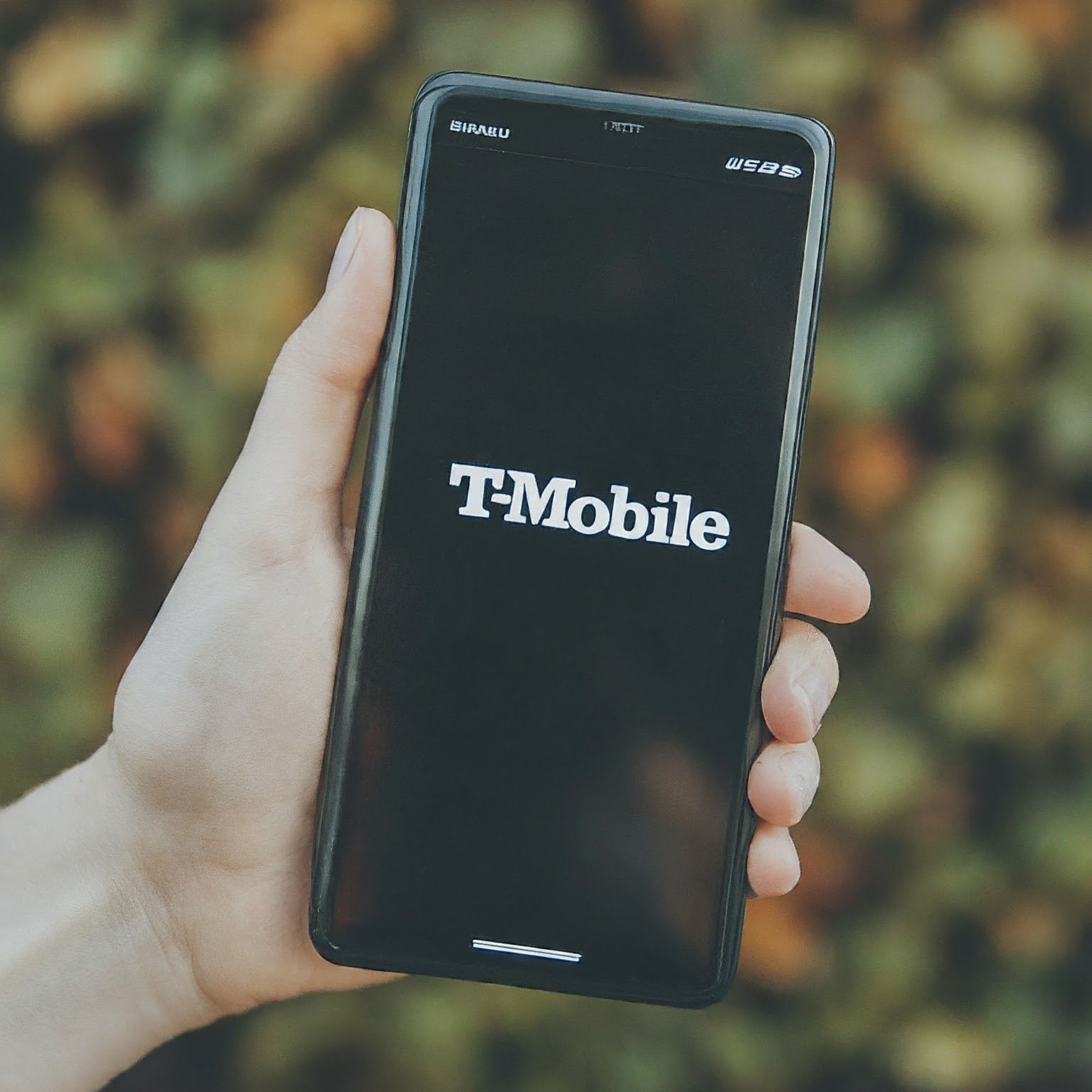Can T-Mobile see my messages? This question is a common concern among T-Mobile users, especially in an era where data privacy is paramount. The answer is nuanced and depends on various factors, including the type of messages, your account settings, and legal considerations.

Understanding the Types of Messages
Before we delve into T-Mobile’s access, let’s clarify the different types of messages you might send or receive:
SMS/Text Messages: These are traditional text messages sent over the cellular network.
MMS (Multimedia Messaging Service): This includes messages with photos, videos, or audio.
RCS (Rich Communication Services): A newer messaging protocol that offers enhanced features like read receipts and typing indicators.
Encrypted Messages: These are messages scrambled to protect their contents from unauthorized access.
T-Mobile’s Official Stance: Limited Access
T-Mobile’s official policy states that they do not store the content of your text messages (SMS) on their servers. This means they cannot directly read your text message conversations.
However, they can access some metadata associated with your text messages, such as:
Phone Numbers: The sender’s and recipient’s phone numbers.
Timestamps: The date and time the message was sent and received.
Message Size: The length of the message.
The Gray Area: MMS and RCS Messages
While T-Mobile doesn’t typically store SMS content, the situation may be different for MMS and RCS messages. These messages often pass through T-Mobile’s servers and may be temporarily stored for delivery purposes.
T-Mobile claims to delete MMS and RCS content after a short period, but there is no definitive timeframe. Additionally, law enforcement agencies may request access to this data under certain circumstances.
What About Encrypted Messages?
If you use end-to-end encryption for your messages (e.g., through apps like Signal or WhatsApp), T-Mobile cannot see the content of your messages. Encryption ensures that only the sender and recipient can read the messages.
Your T-Mobile Account and Message History
If you’re the primary account holder of a family plan, you can access basic message history for all lines on your account through My T-Mobile. However, this history only includes phone numbers and timestamps, not the message content itself.
Legal Considerations: When Can T-Mobile Access Your Messages?
While T-Mobile generally respects your privacy, there are situations where they may be legally compelled to provide access to your message data:
Law Enforcement Requests: In criminal investigations, T-Mobile may be required to hand over message data to law enforcement agencies with a valid warrant.
Emergency Situations: In cases of imminent danger, T-Mobile may disclose message data to relevant authorities.
Terms of Service Violations: If you violate T-Mobile’s terms of service, they may access your messages for investigation purposes.
Protecting Your Privacy: Tips for T-Mobile Users
If you’re concerned about your message privacy, here are some steps you can take:
Use End-to-End Encryption: Opt for messaging apps that offer end-to-end encryption to prevent anyone, including T-Mobile, from reading your messages.
Delete Old Messages: Regularly delete old messages to minimize the data T-Mobile stores.
Be Mindful of MMS and RCS: If you’re highly concerned about privacy, consider using SMS for sensitive conversations.
Review T-Mobile’s Privacy Policy: Stay updated on T-Mobile’s privacy policy to understand how they handle your data.
Can T-Mobile See My Messages? The Bottom Line
The answer to the question “can T-Mobile see my messages?” is not a simple yes or no. T-Mobile doesn’t typically store the content of your SMS messages, but they can access metadata and may temporarily store MMS and RCS content. Your privacy is further protected if you use end-to-end encryption.


